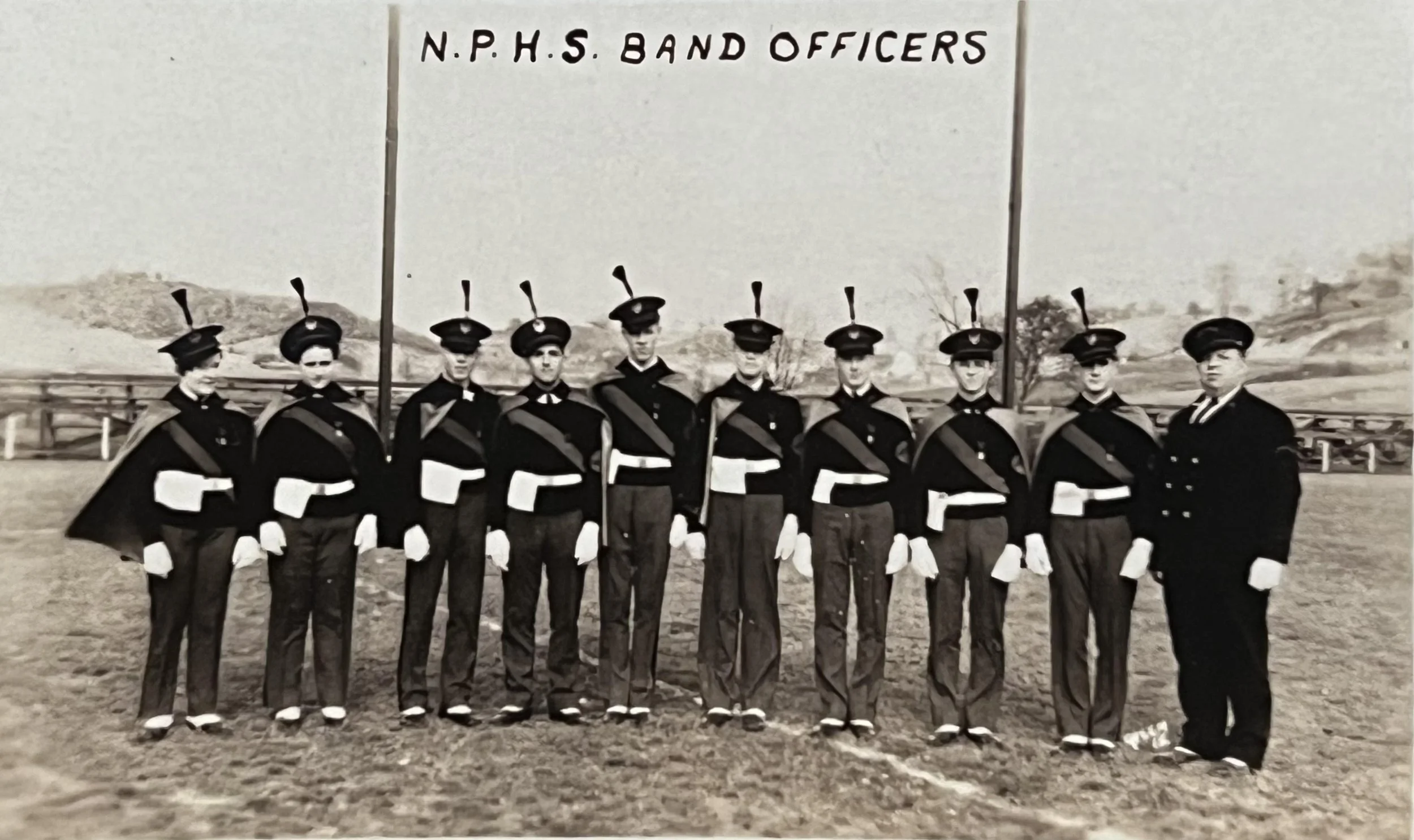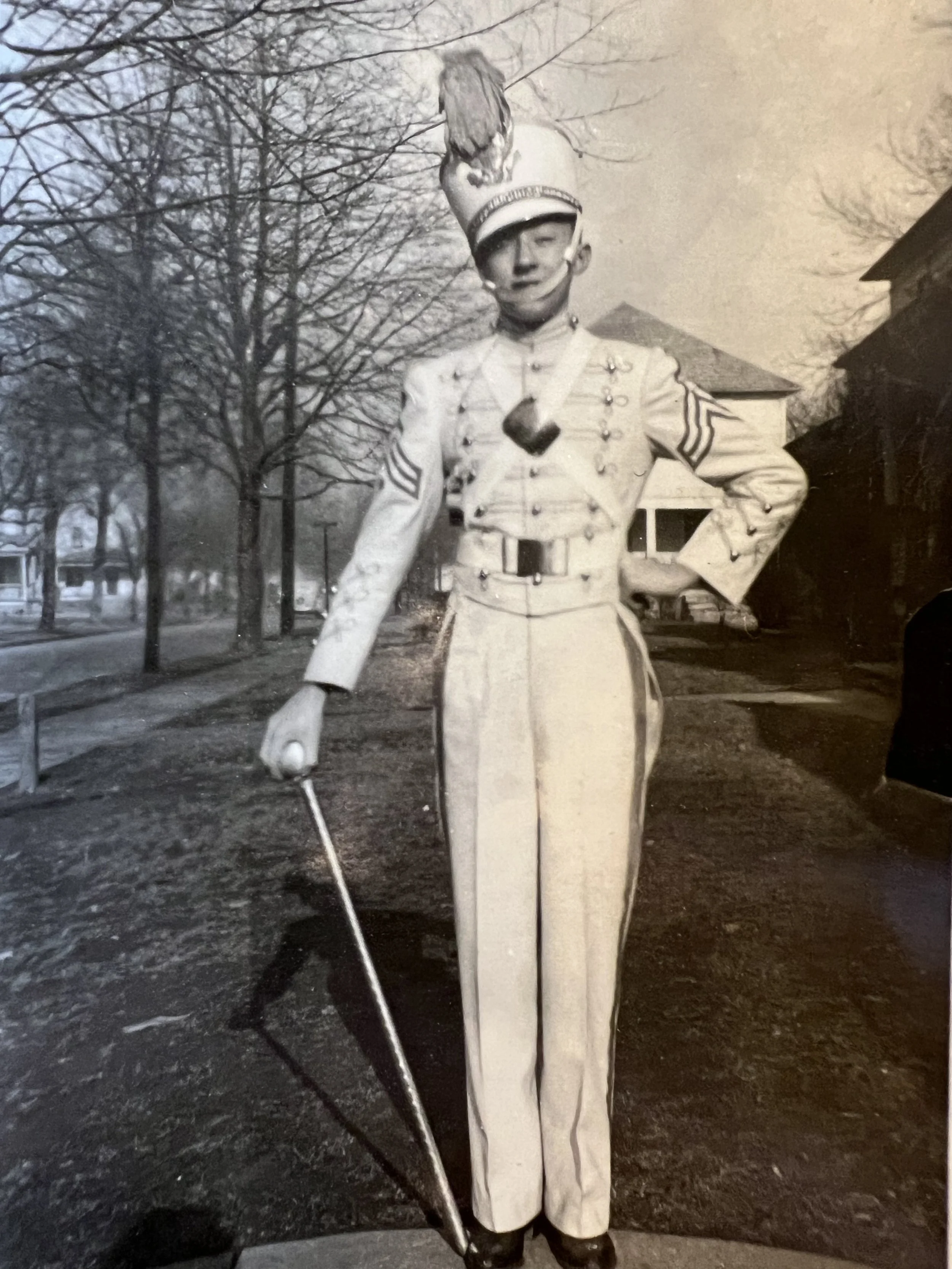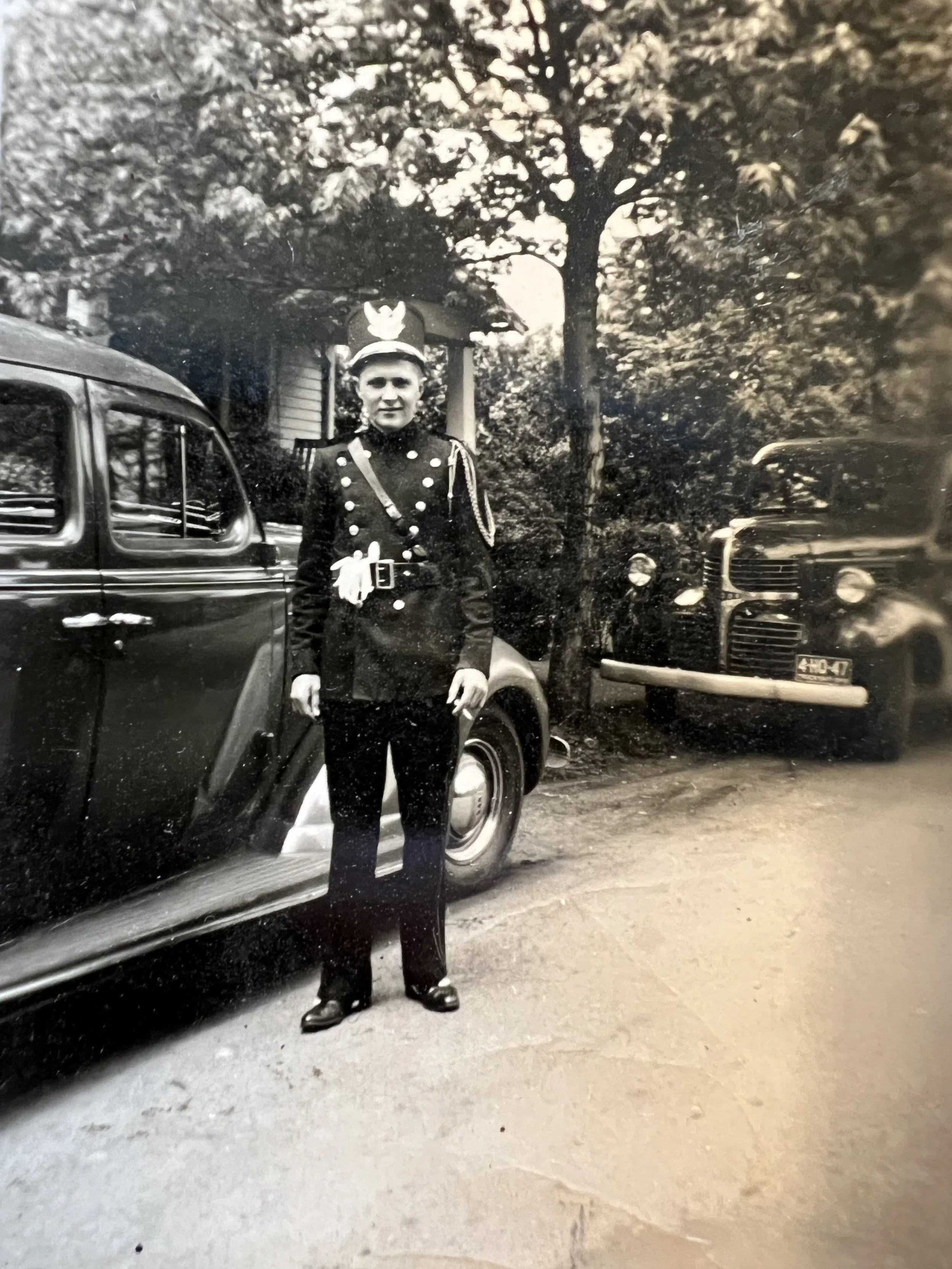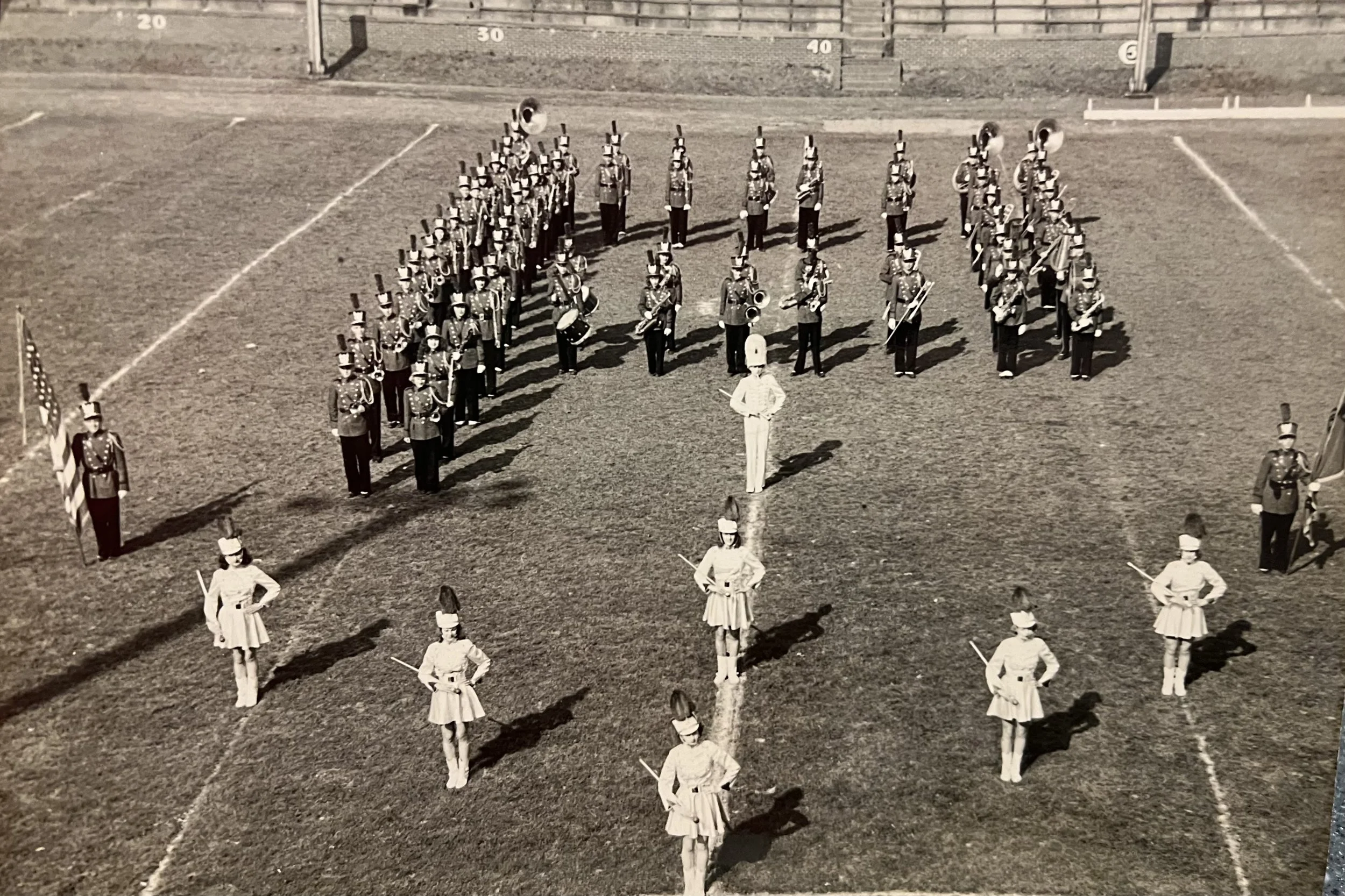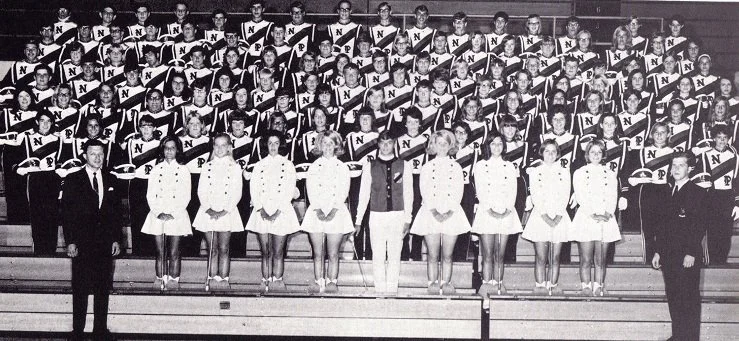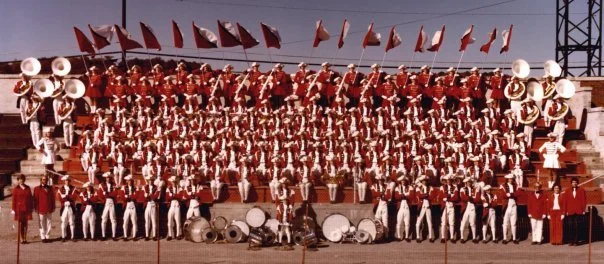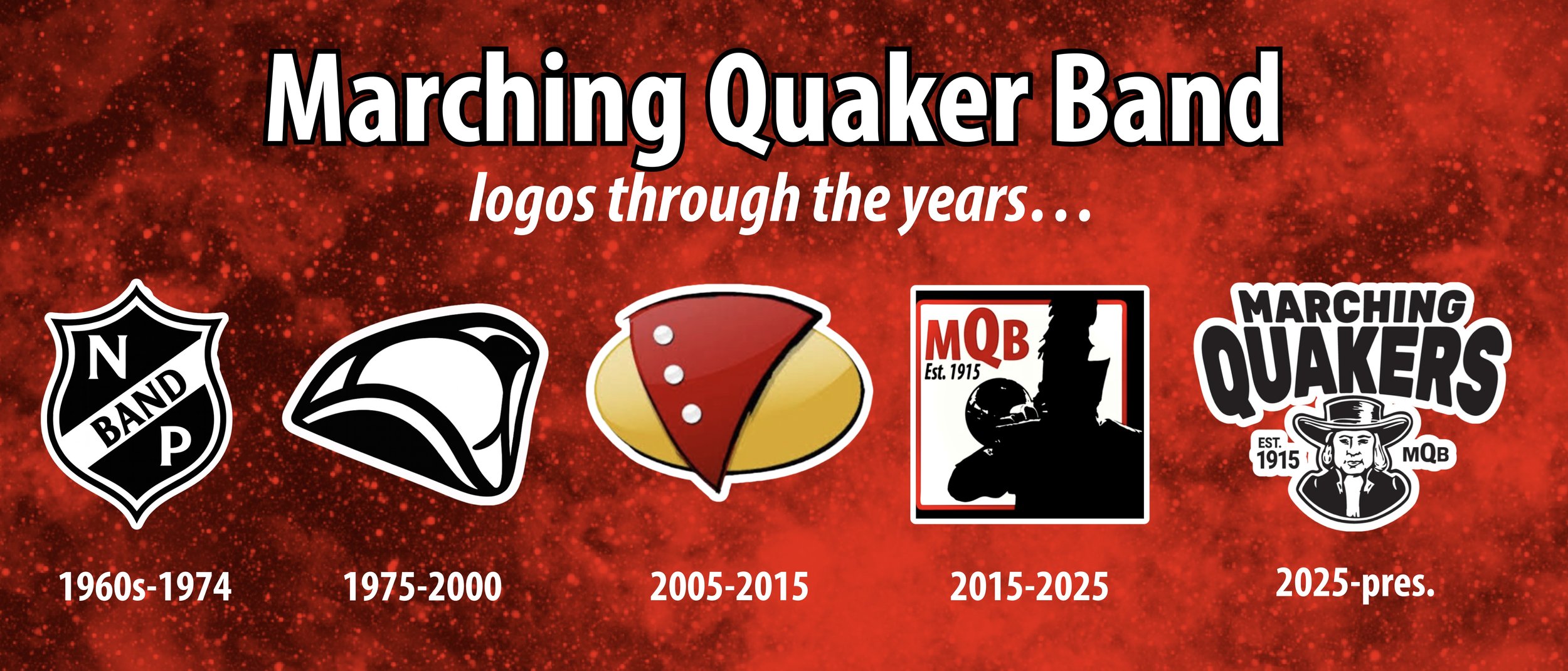History of our Program
Music's Beginnings
The 1914 Delphian Yearbook reports that music had been taught in the New Philadelphia Schools for “a number of years.”
A systematic course of music study began in the primary grades and was carried on through high school, giving the graduating student a twelve year course of study in voice culture, musical appreciation and sight reading, along with studying the works and lives of the world's most noted composers.
Courses Become Elective
During the 1914-1915 school year, the music courses moved from being required into an elective basis with 90 percent of high school students signing up for the subject.
The New Philadelphia school system now had a band and an orchestra. The band consisted of 35 boys and was organized in December of 1914 making their first public appearance during the school operetta in April 1915. The orchestra consisted of 40 boys and girls. A late-spring concert was planned for the orchestra's debut.
The vocal music consisted of glee clubs and a high school chorus of 200 voices. One of the big musical events of the year was the singing of Handel's Messiah (performed in the Union Opera House).
A Marching Band is Born
The New Philadelphia School Marching Band was organized in January 1915 by Frank R. Speck, Director of Music. At the start, there were about 45 boys in the organization. On May 30th, 1915, they marched at the head of the procession of school children in the Memorial Day Parade.
By 1916, New Philadelphia Schools had nearly 100 students studying some band or orchestra instrument. By 1917, a junior organization marching band was formed to create recruits for the senior organization. The junior organization numbered about 20 students.
In the early 1930’s the Marching Quakers went through a major change when director Harry W. "Sunny" Shenk reformed the marching band to be a band that would not only represent NPHS in parades and events, but also entertain at during football games.
Going Competetive
In 1975, director Cheryl Anne Graham, one of the first female band directors in the state, transformed the Marching Quaker Band into a “Corps Style” marching band that emulated the style and trends of Drum and Bugle Corps of “Drum Corps International.” In this same year New Philadelphia hosted the very first “Field and Parade Competition” that continues as an Ohio Music Education Associaltion santioned event each year on the third Saterday of October.
The Marching Quakers have competed in Bands of America since the First Annual Northern Regional Marching Band Championship Competition in 1979! It was during this time that Kaleidescope, the first indoor competitive winter colorguard in our region, was founded by Bill Graham, the husband of Cheryl Graham.

Directors Through the Years
-

Frank R. Speck
1913-1918
-

Henri F. Campe
1919-1921
-
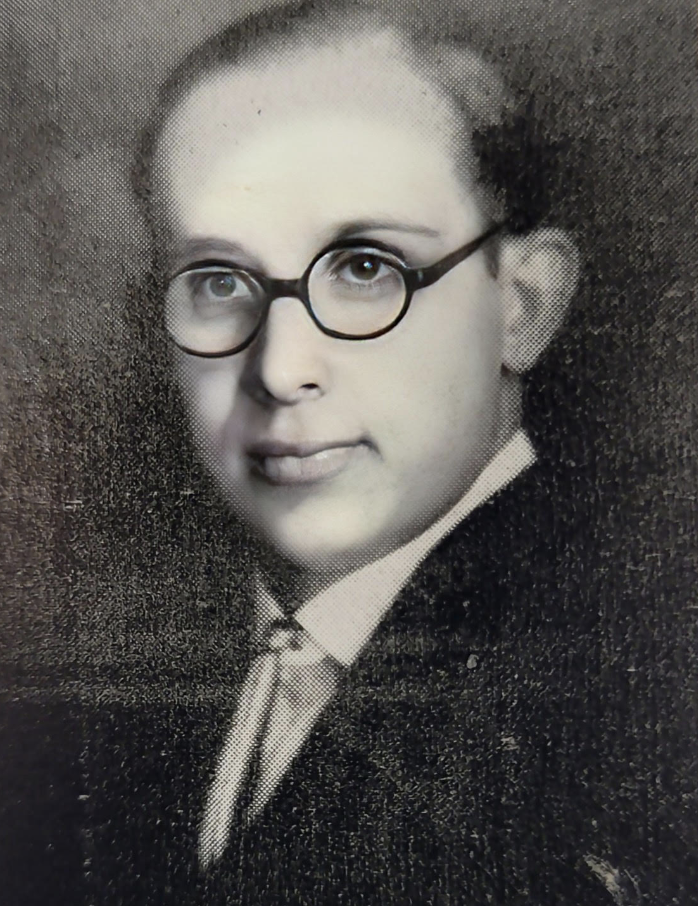
Robert Wyandt
1922-1924
-

Donald Armistead
1925-1927
-

Harry W. "Sunny" Shenk
1928-1935
-

Paul Bliss
1936-1944
-

W. Calvin Jolly
1945-1947
-

Truman Eberly
1948
-

George Polce
1949-1963
-

Warren Hammond
1964-1966
-
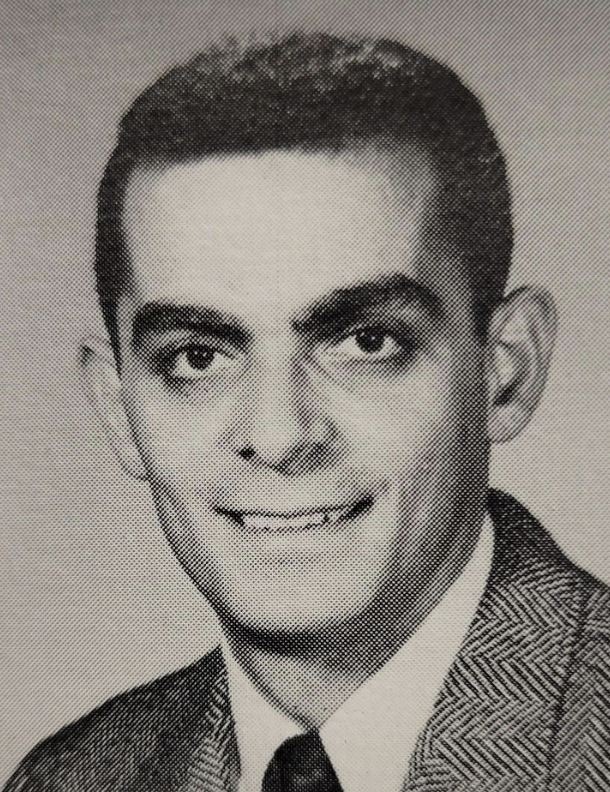
Robert Bianco
1967-1969
-

John Kobasiar
1970-1974
-

Cheryl A. Graham
1974-2000
-

Steve Angel
2001-2002
-

Chad Roberts
2003-2004
-
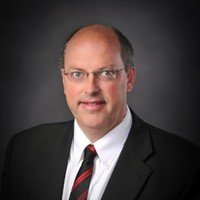
Jeff Furbay
2005-2025
-
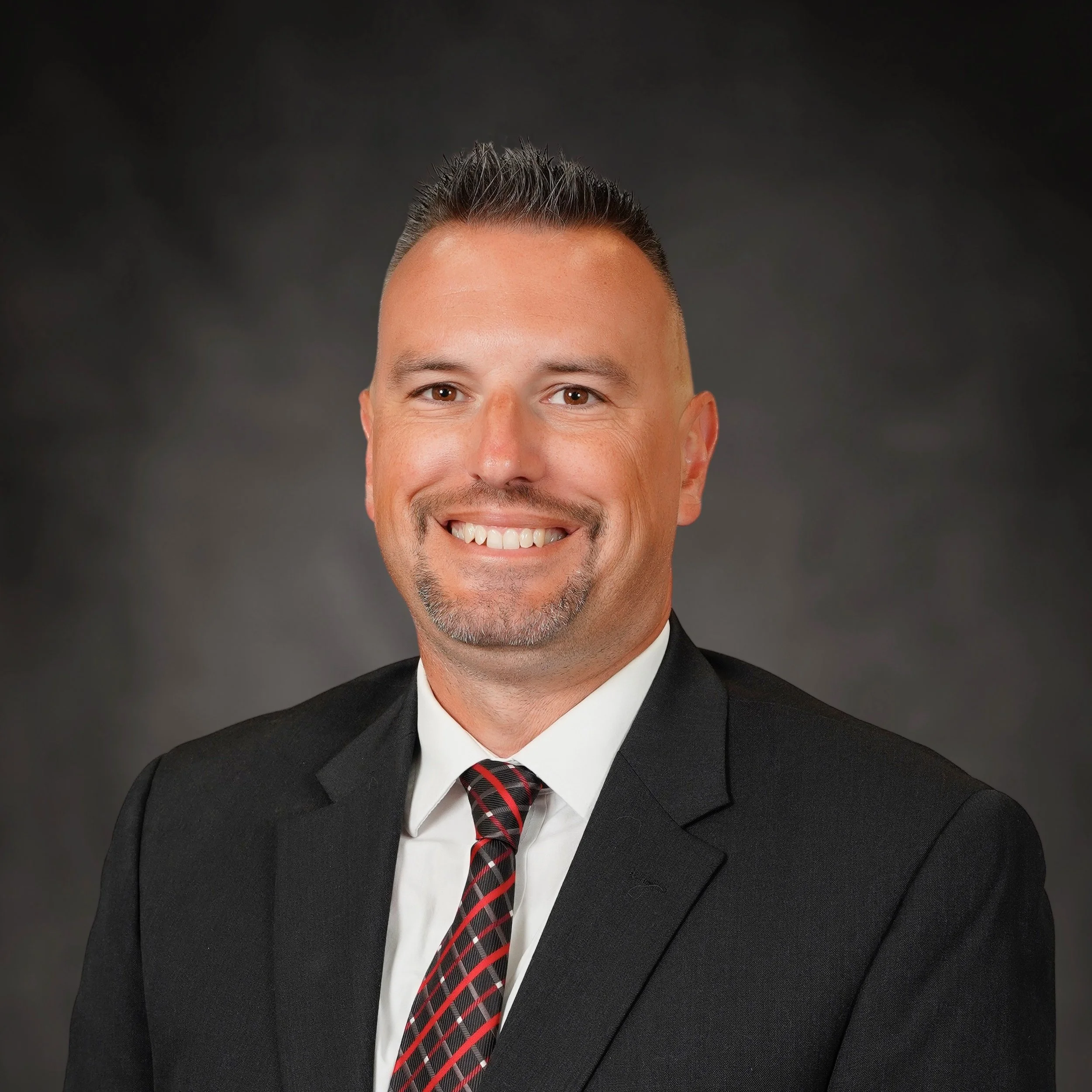
Jeff Phillips
2025-Pres.
View past results at Bands of America Grand Nationals and Regionals, and State Finals



